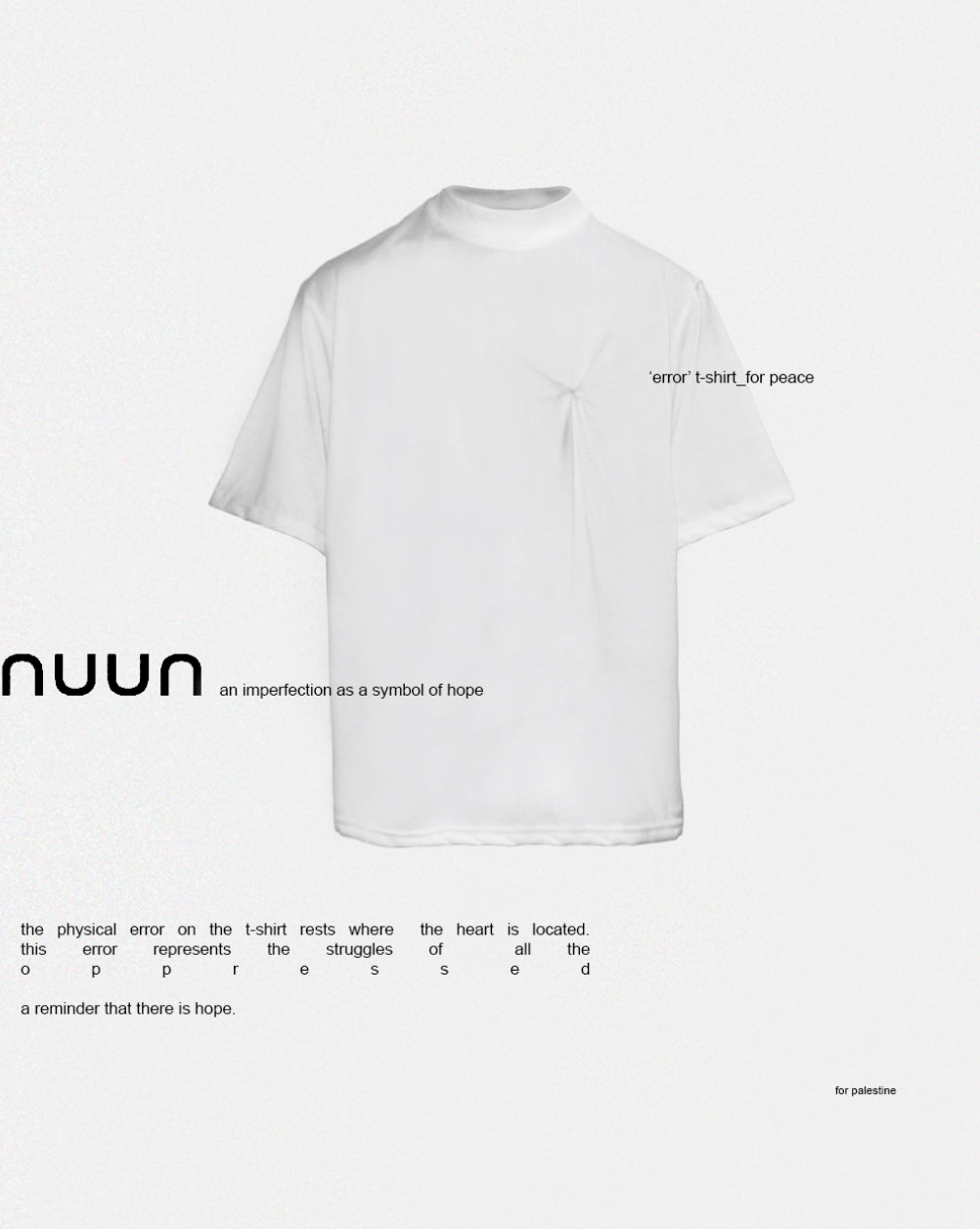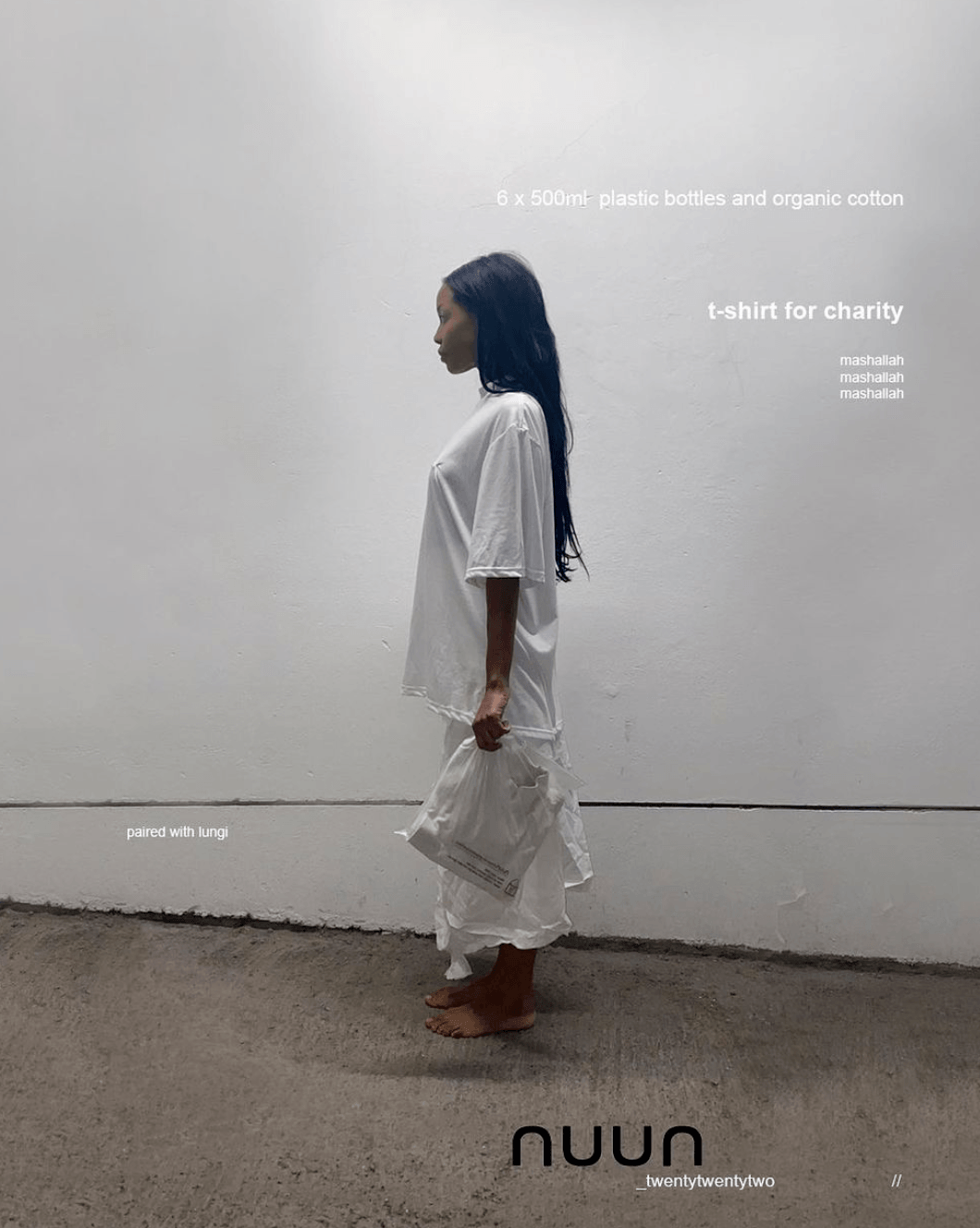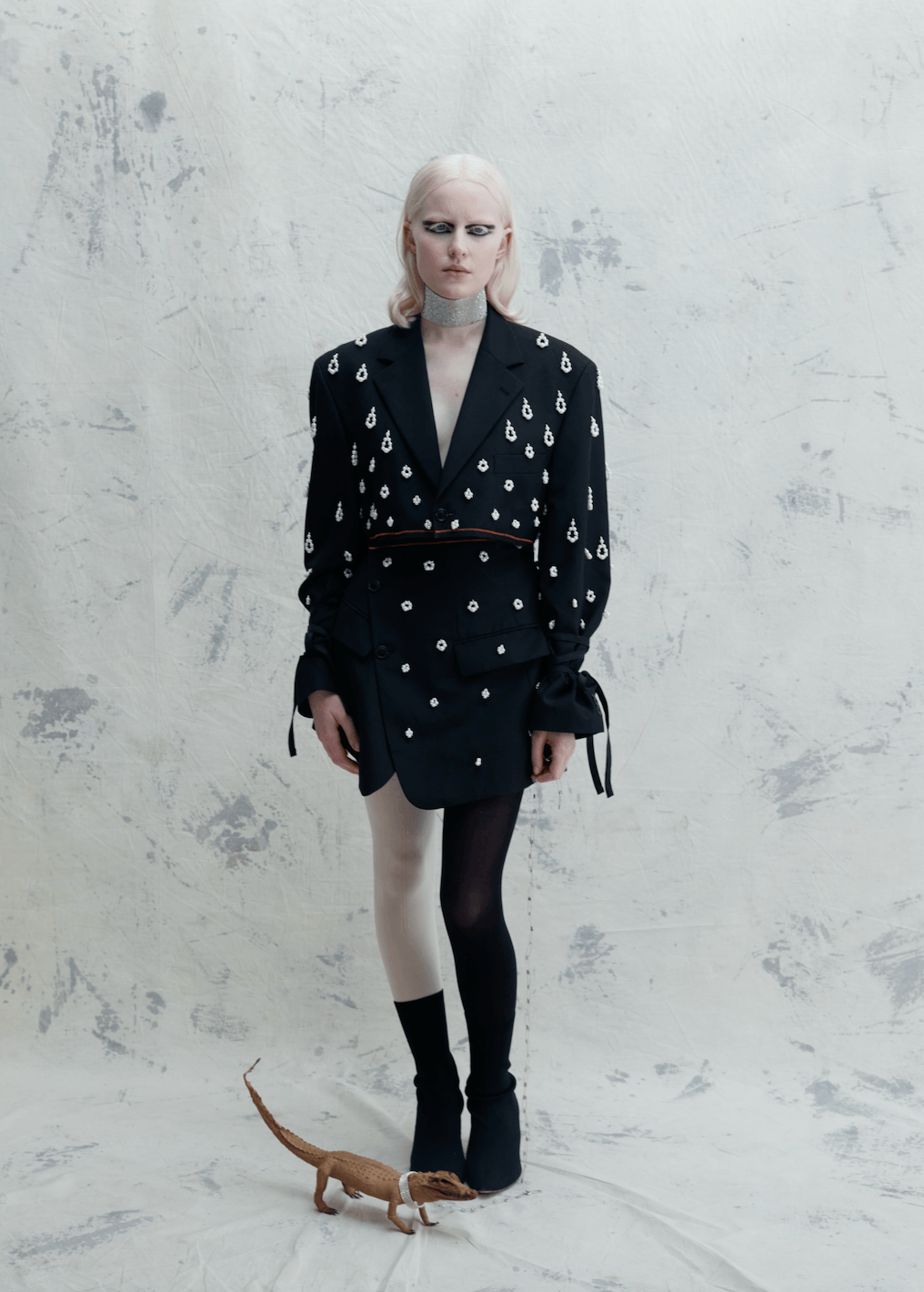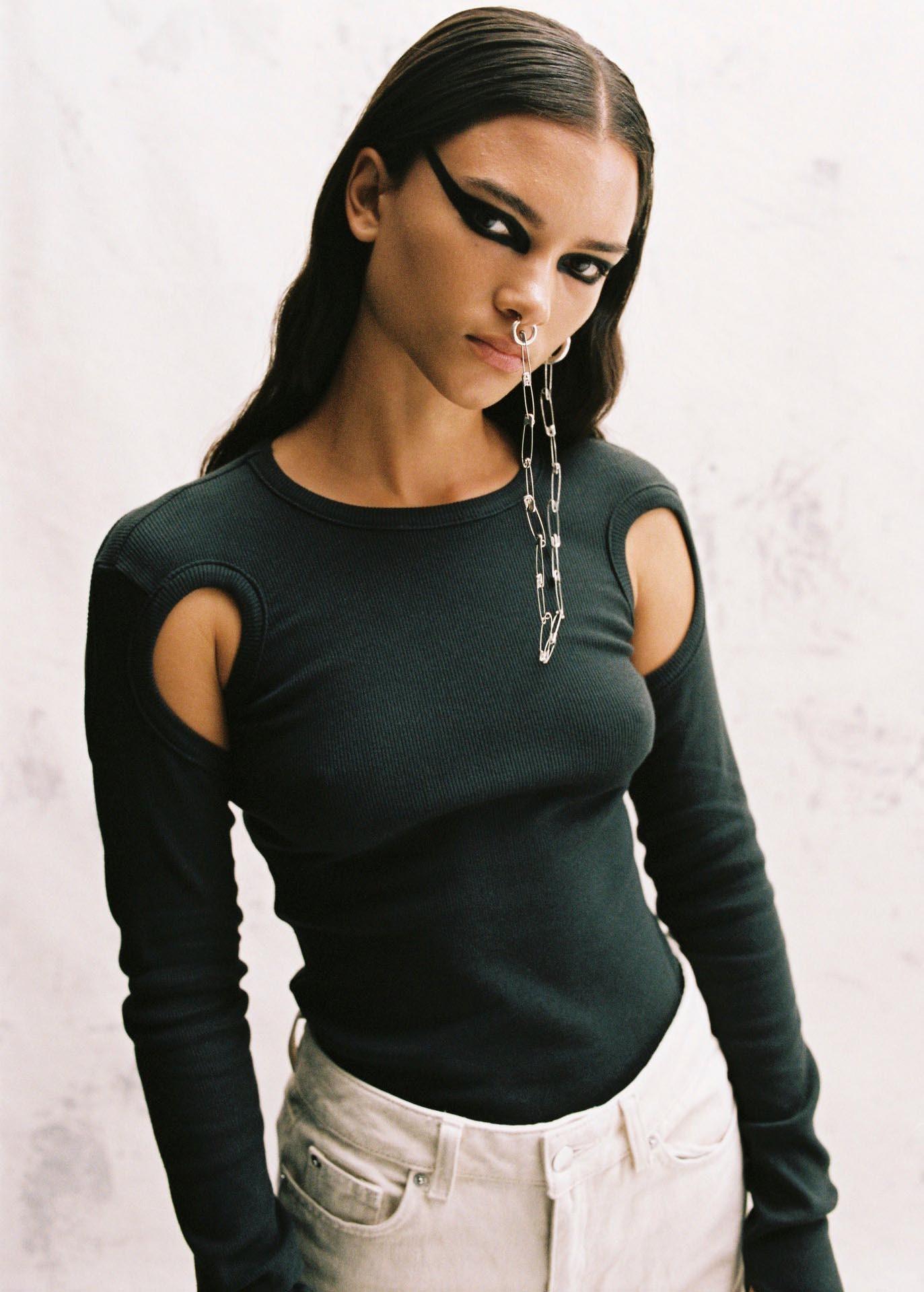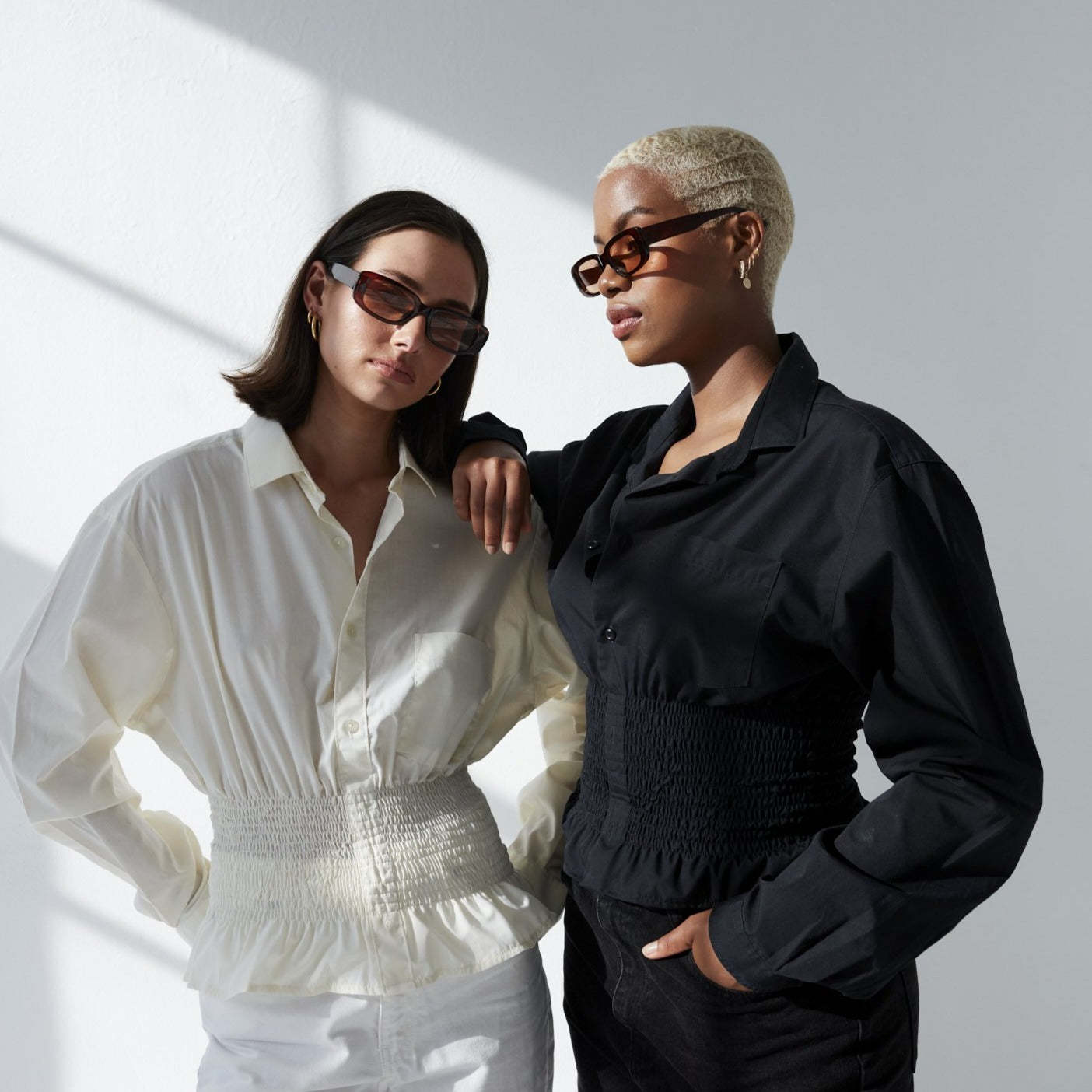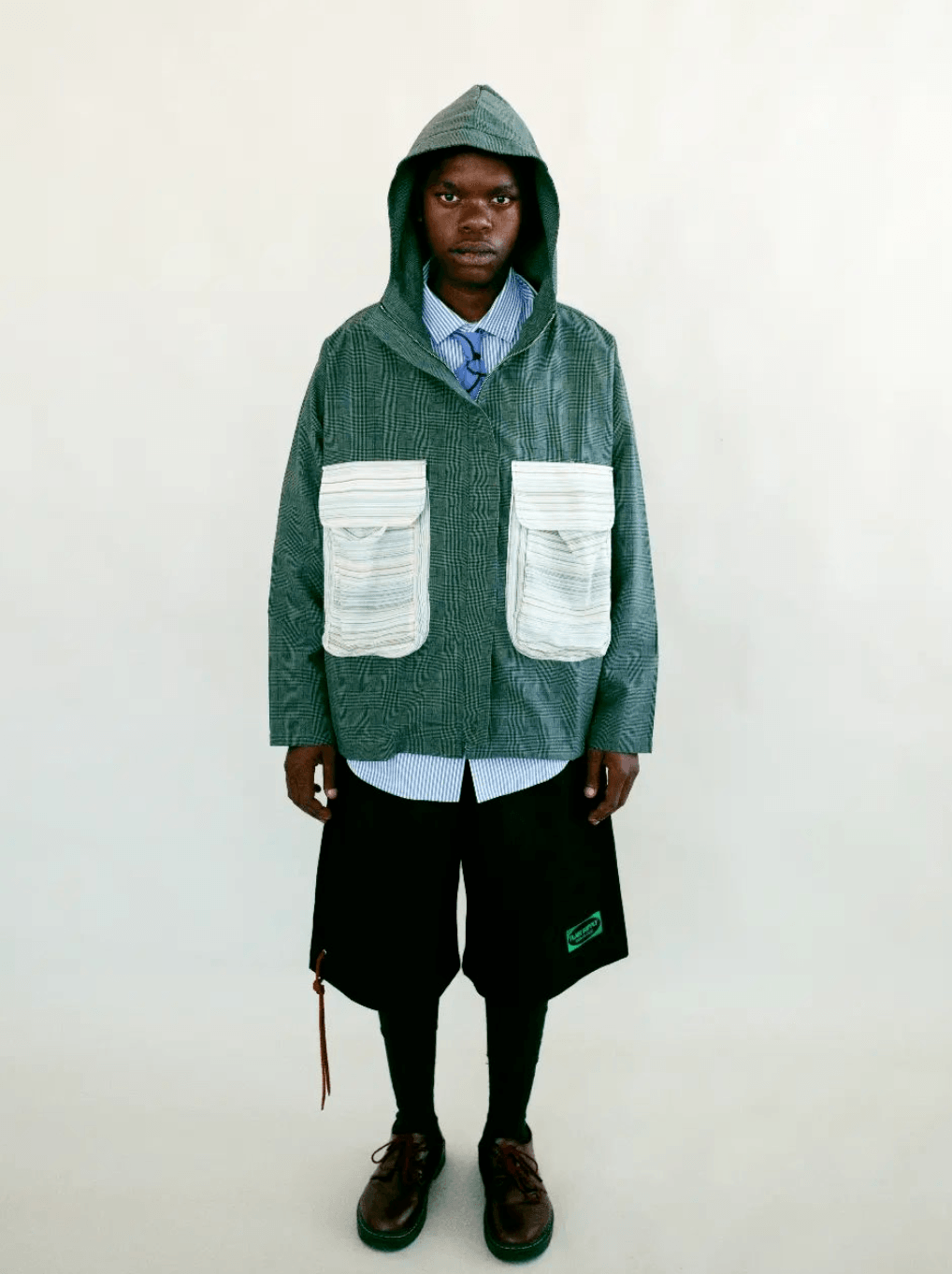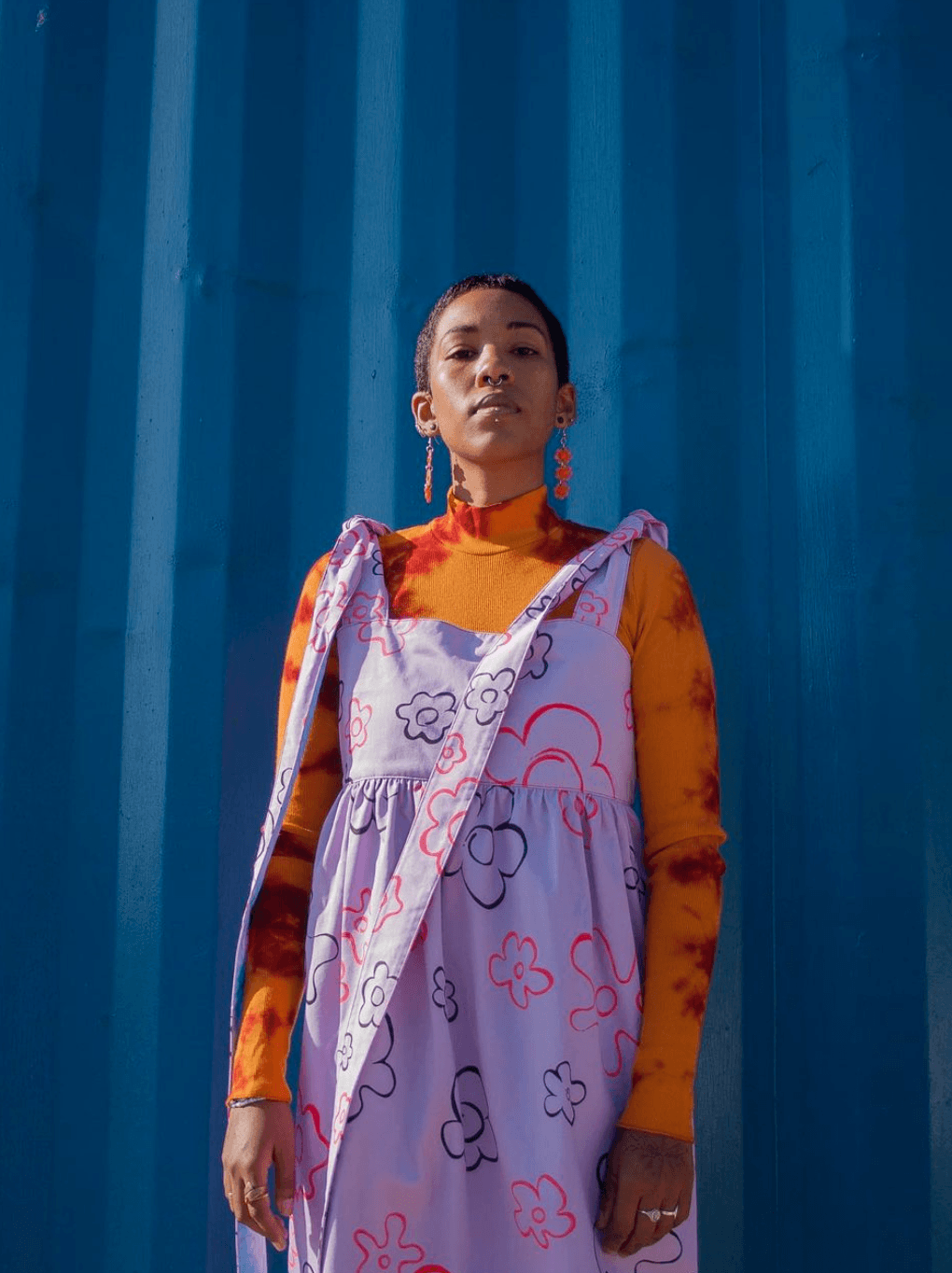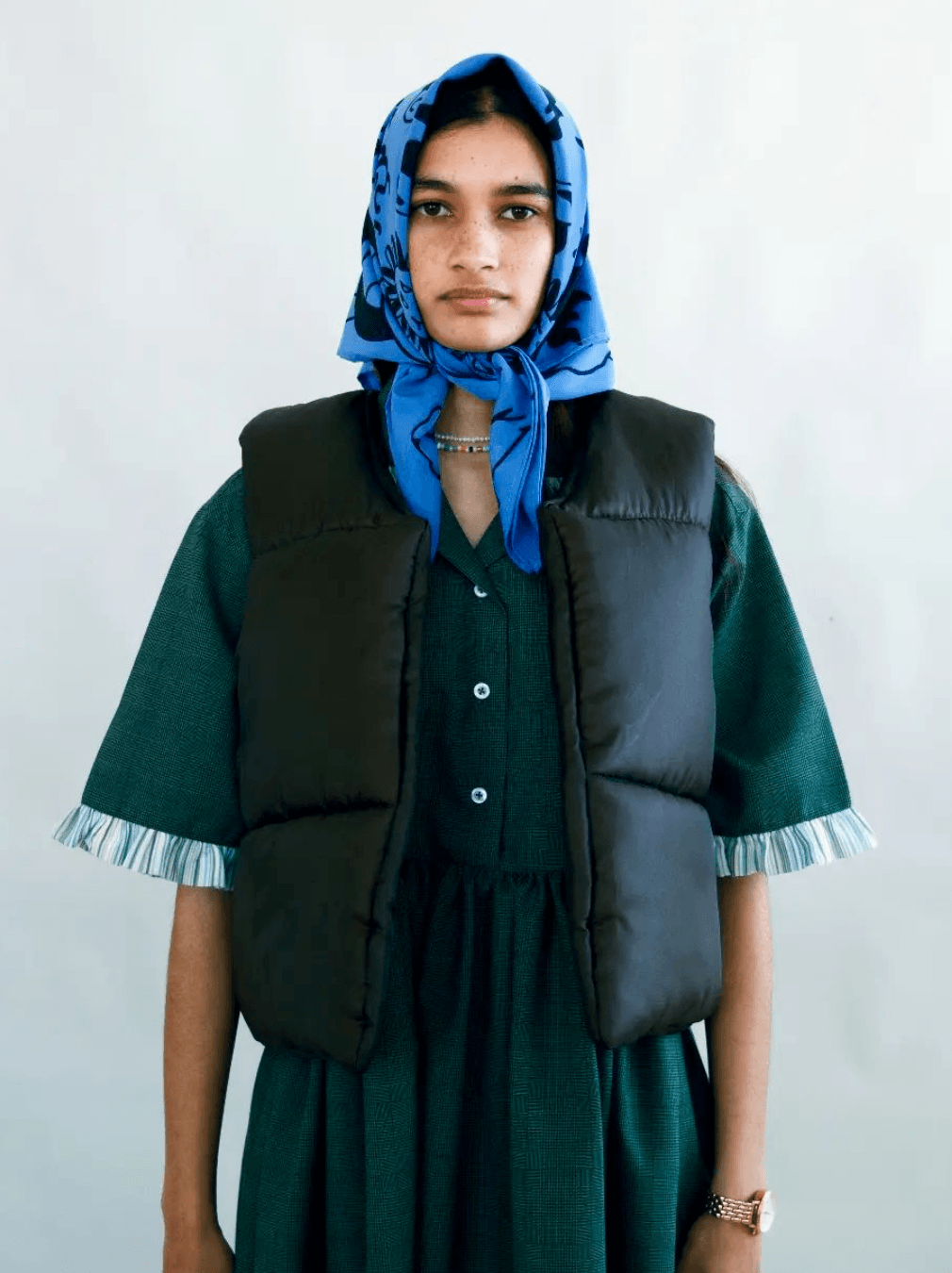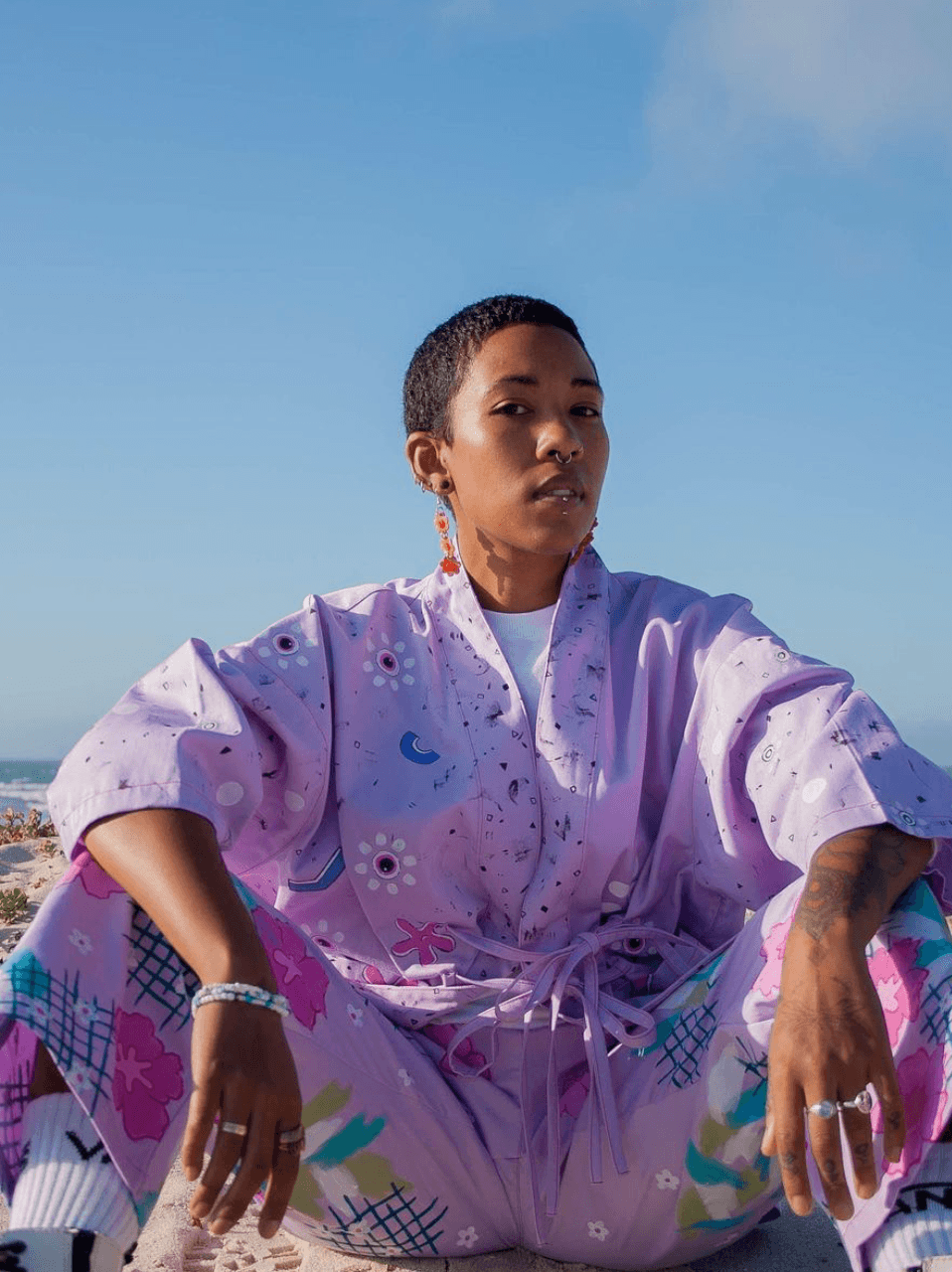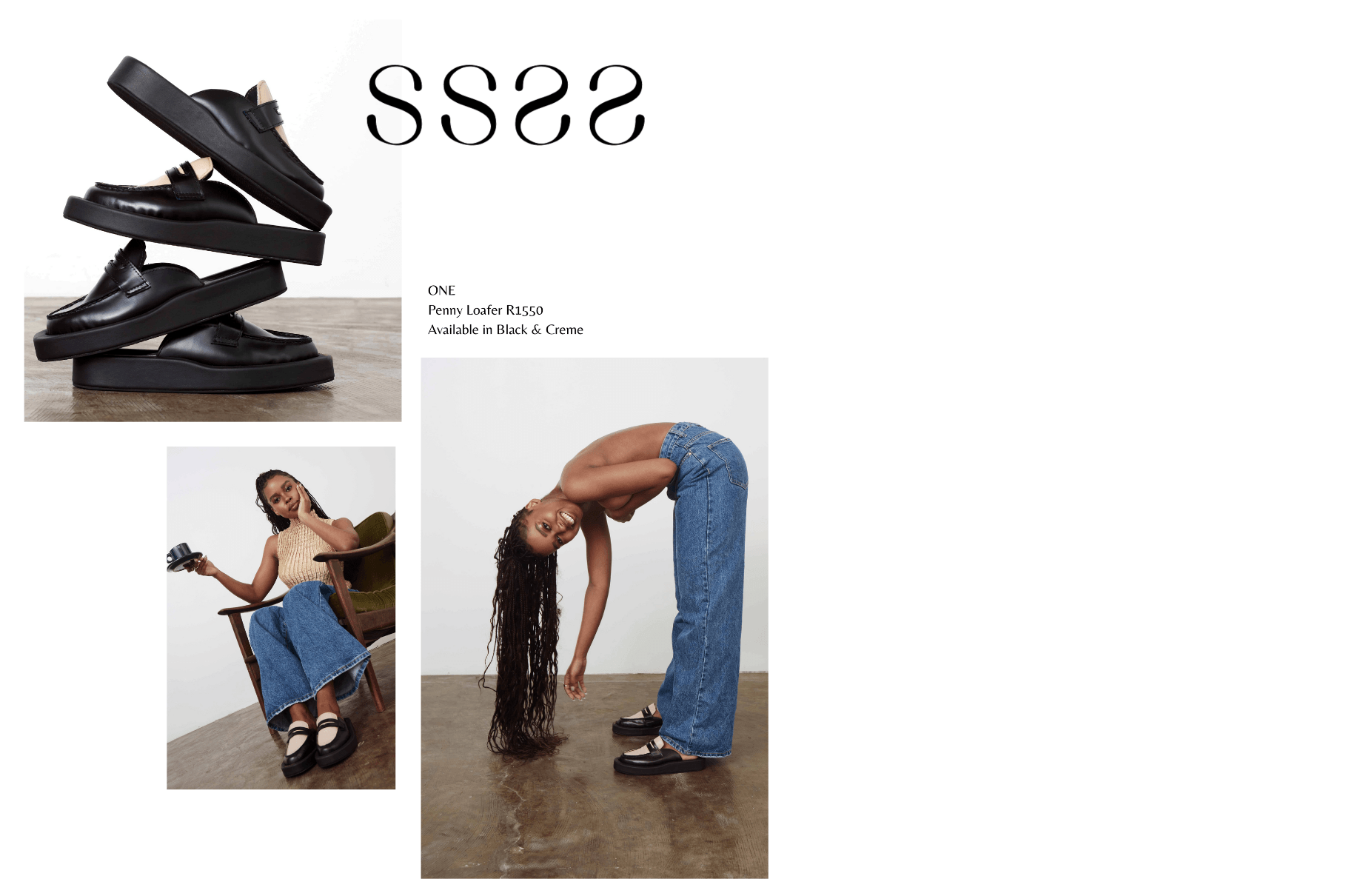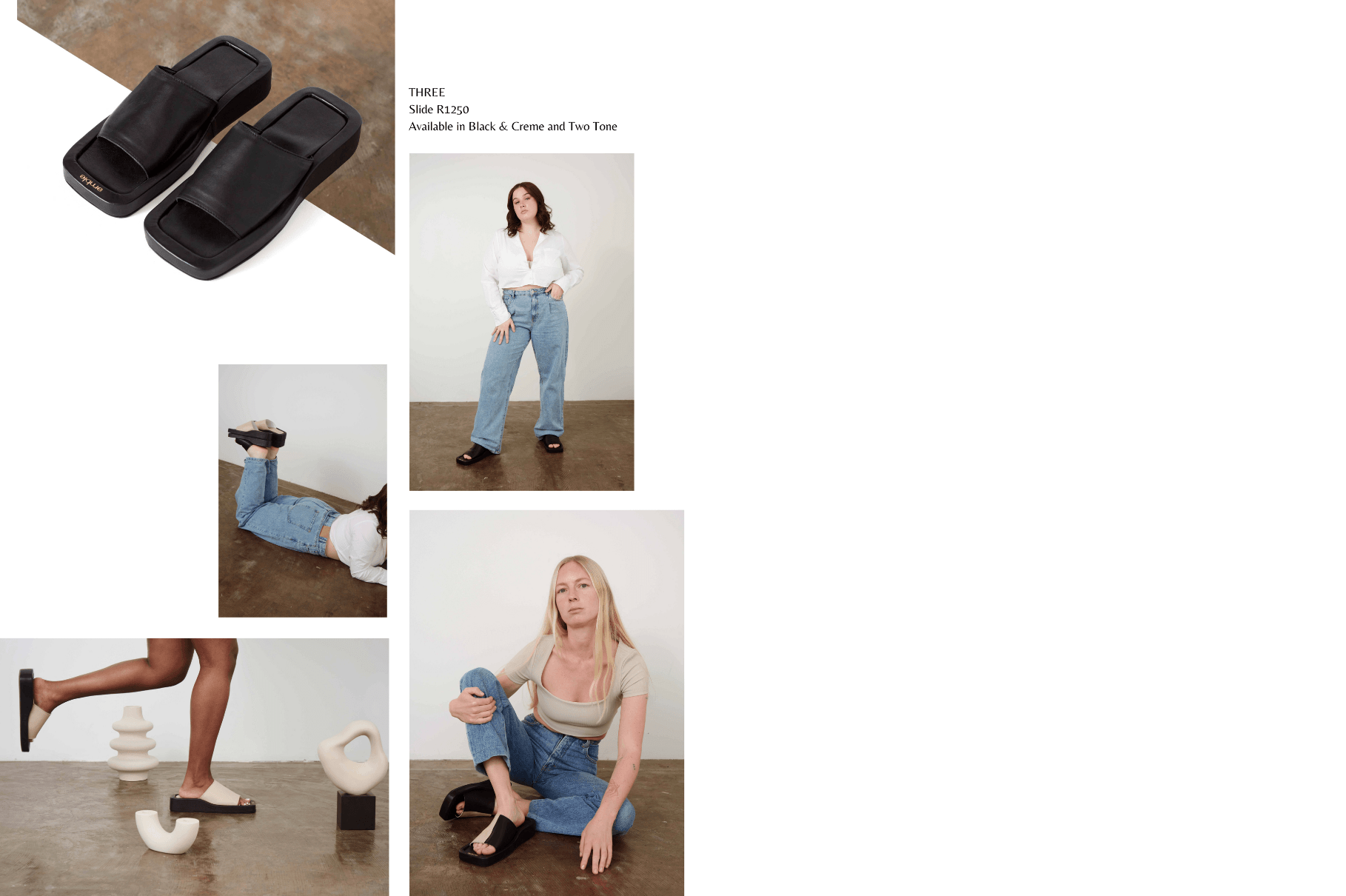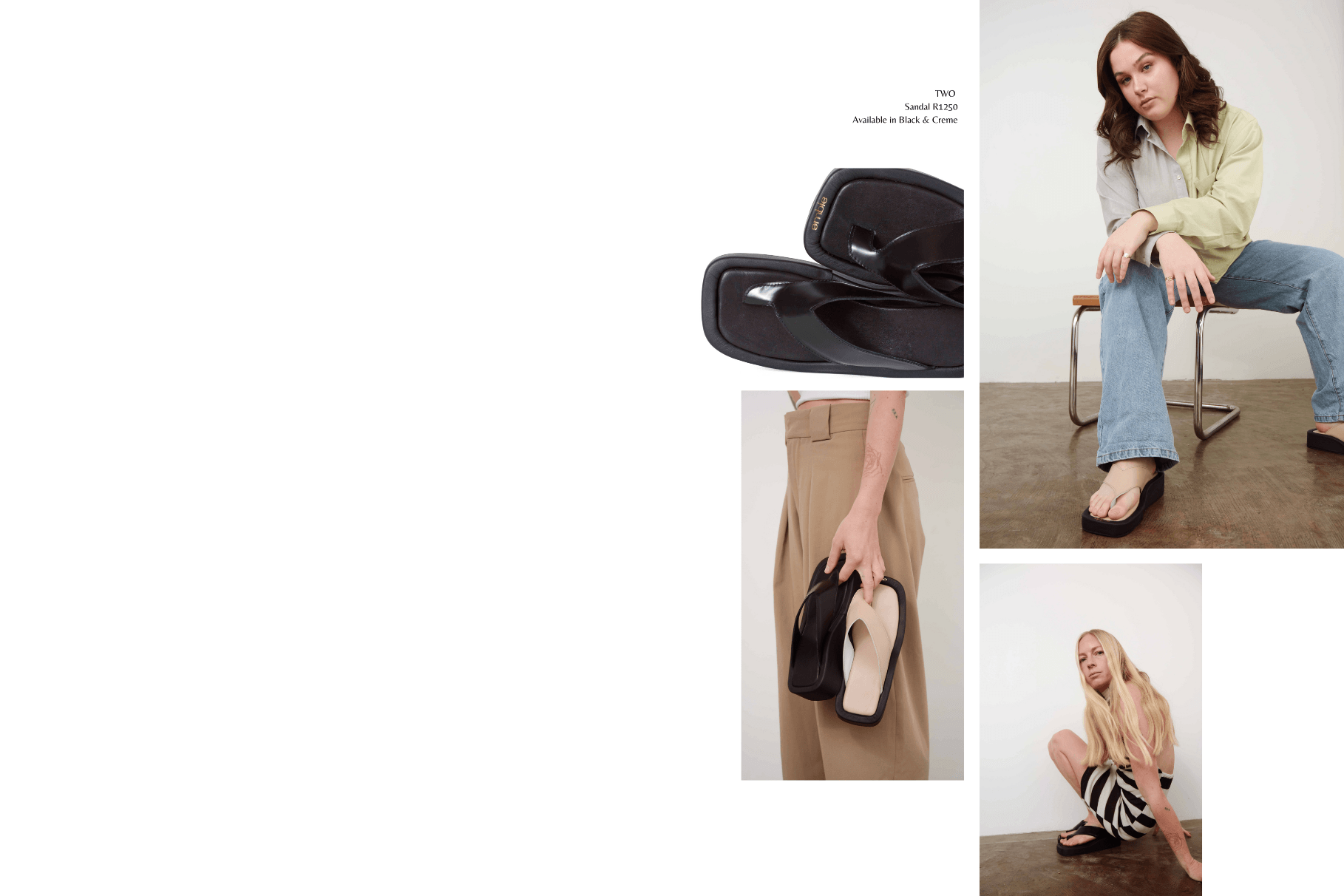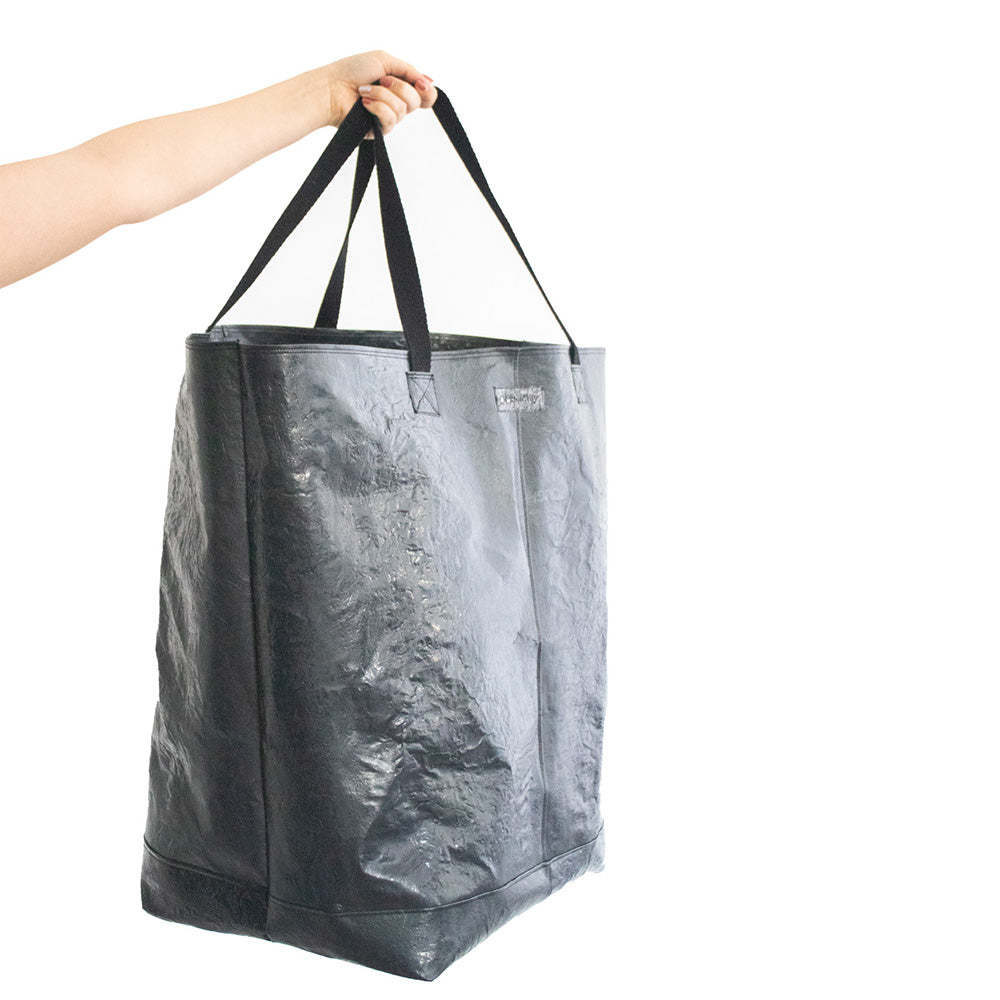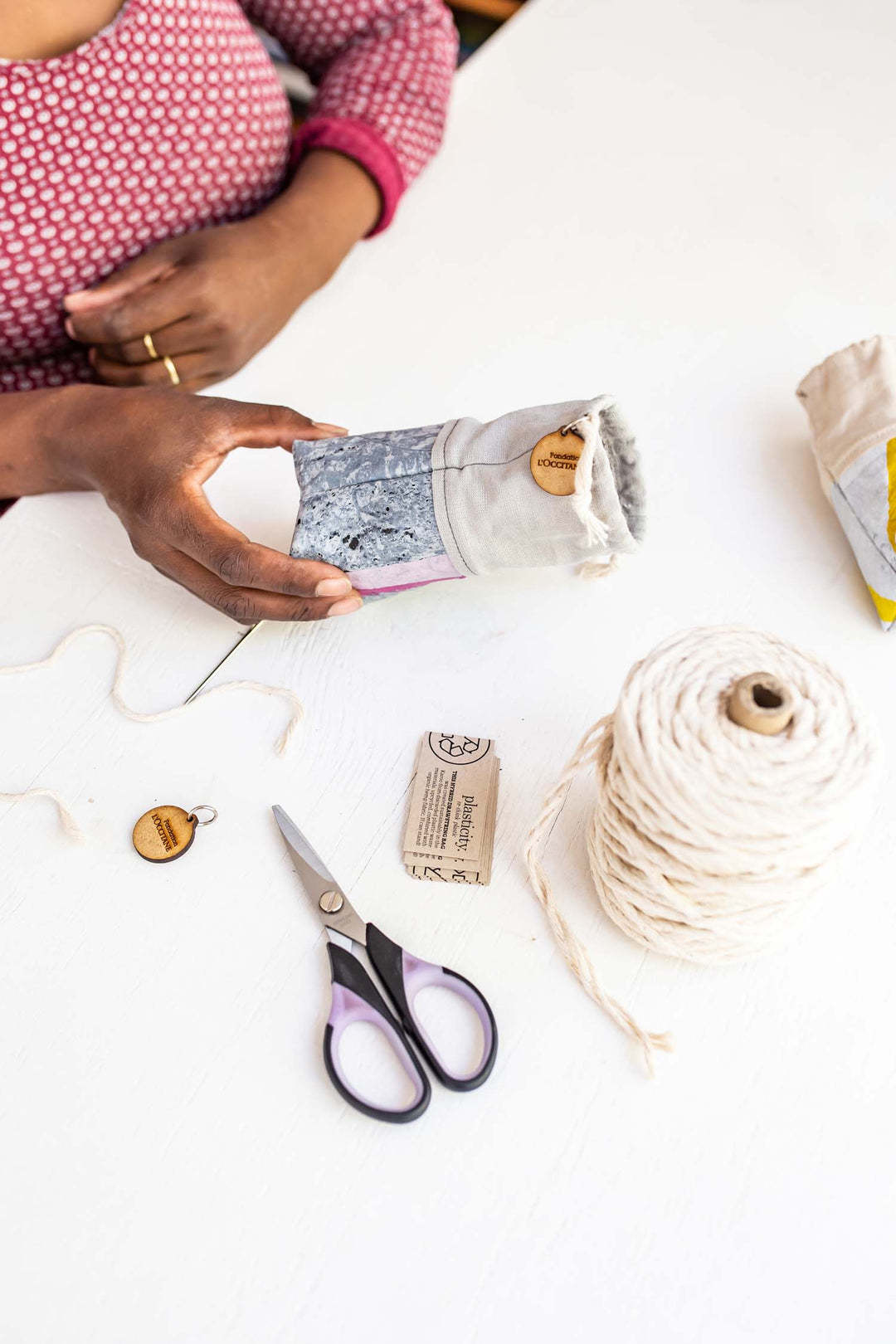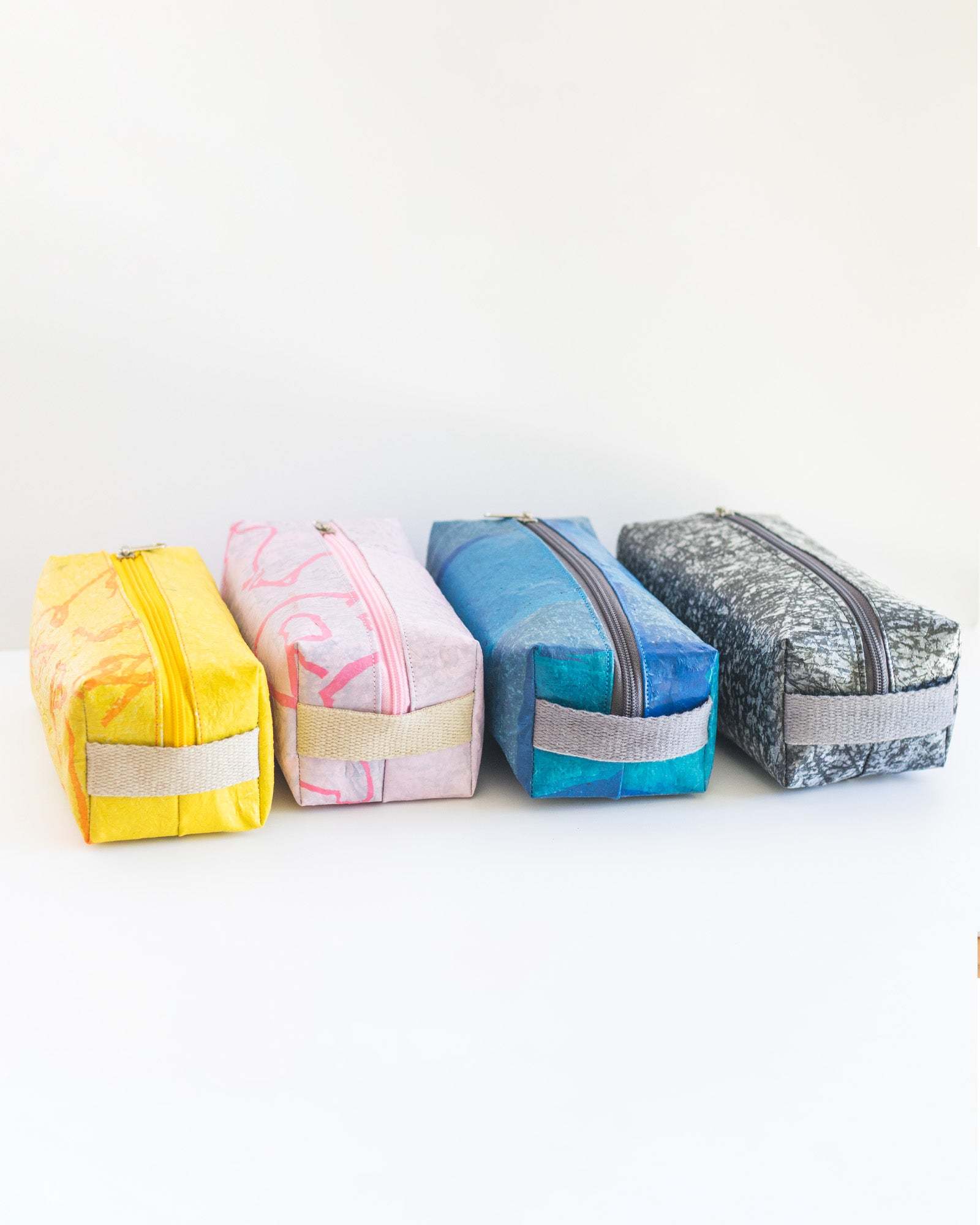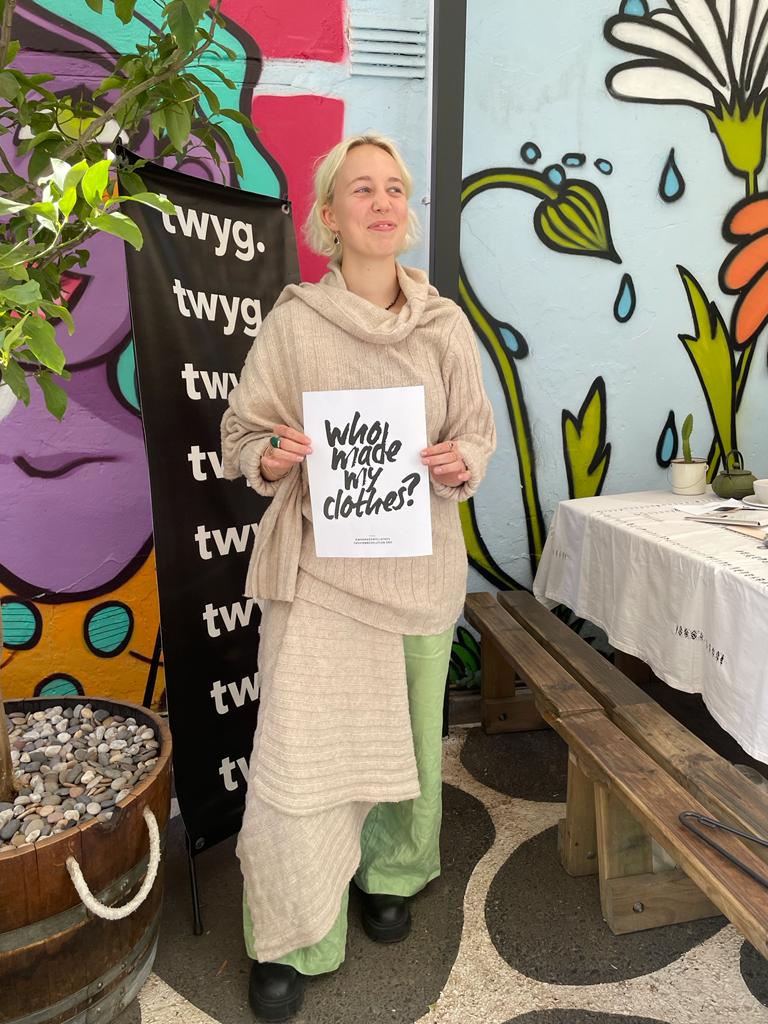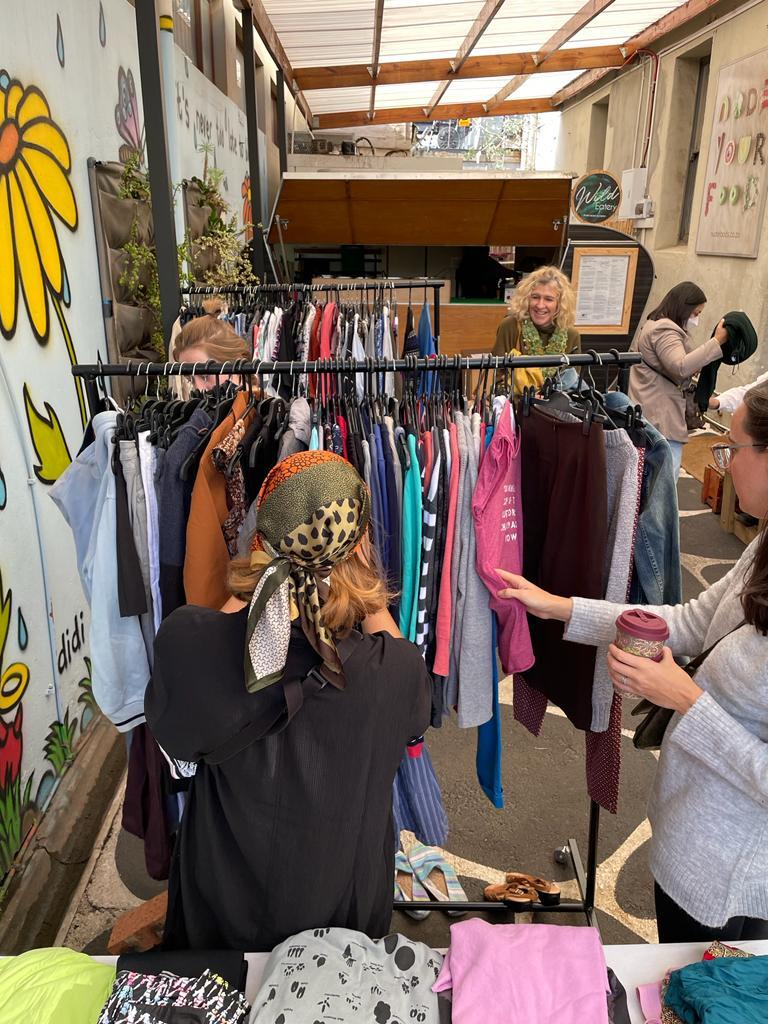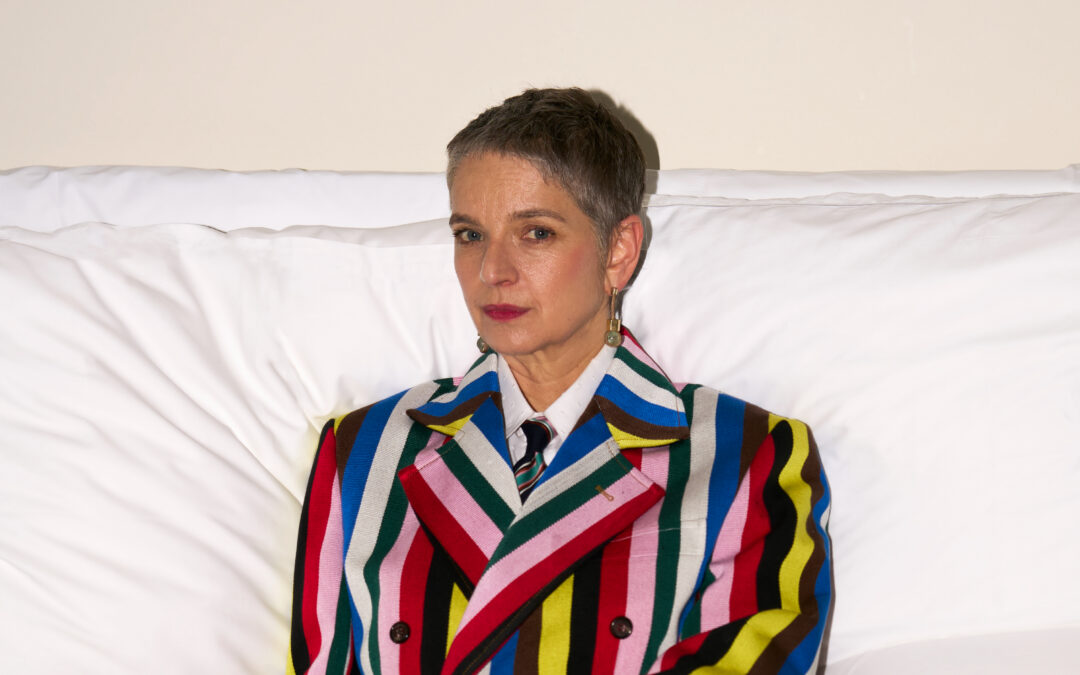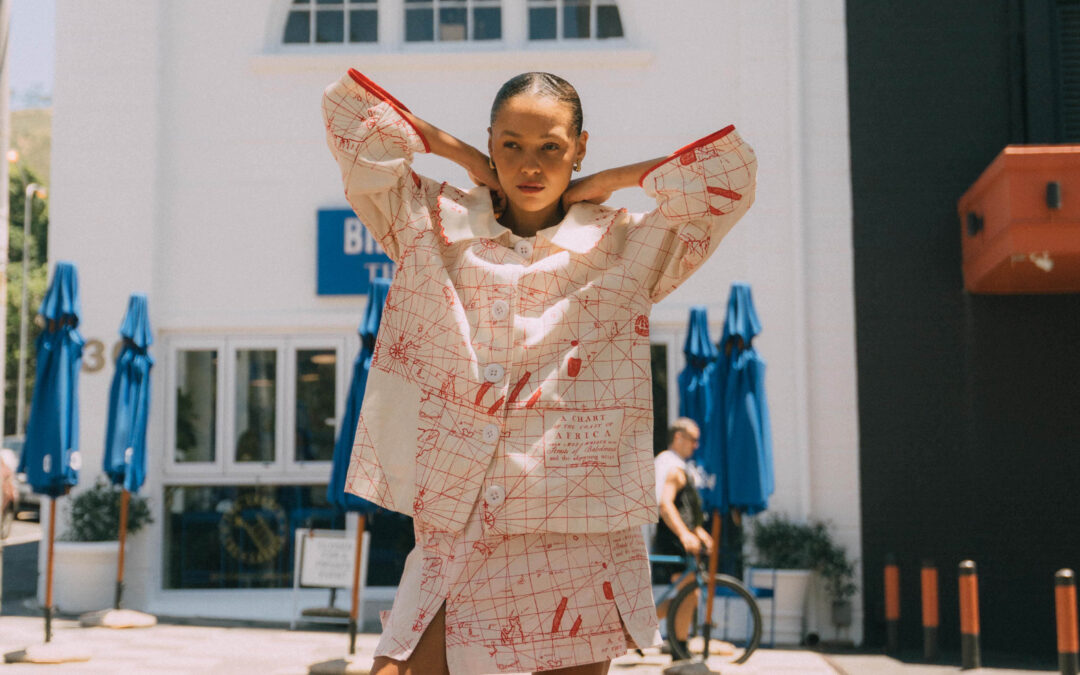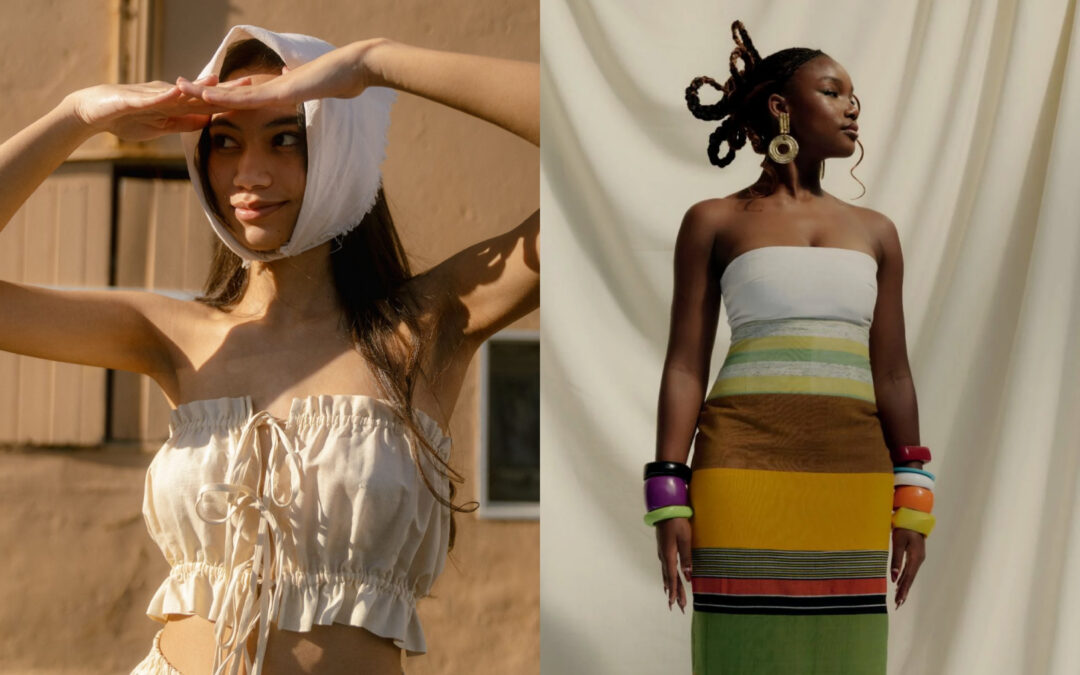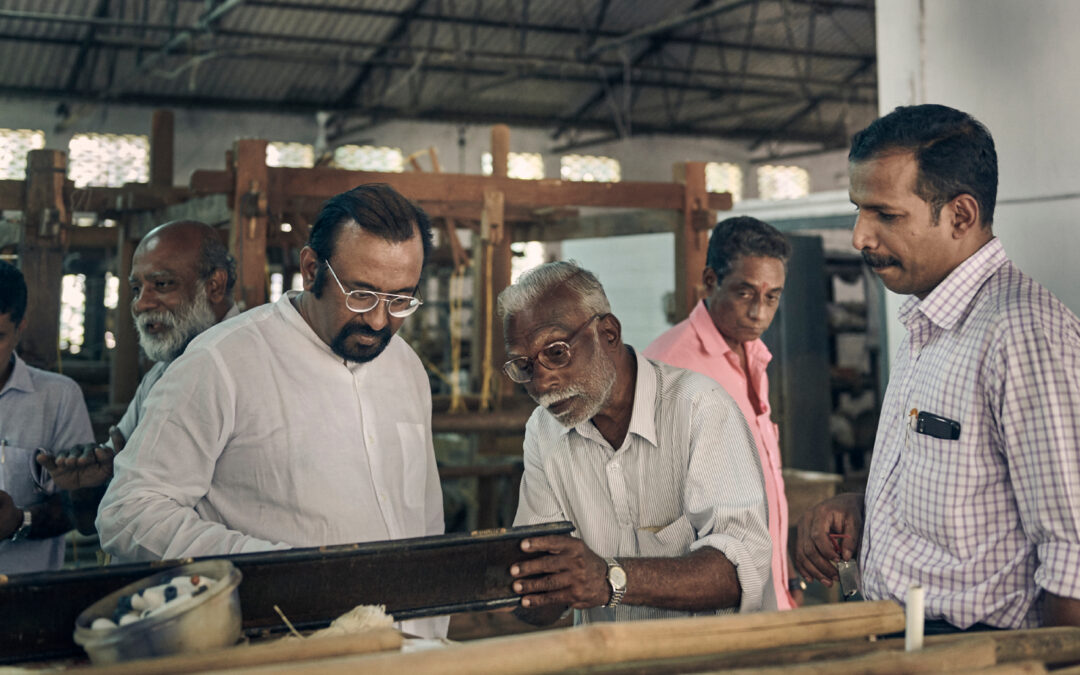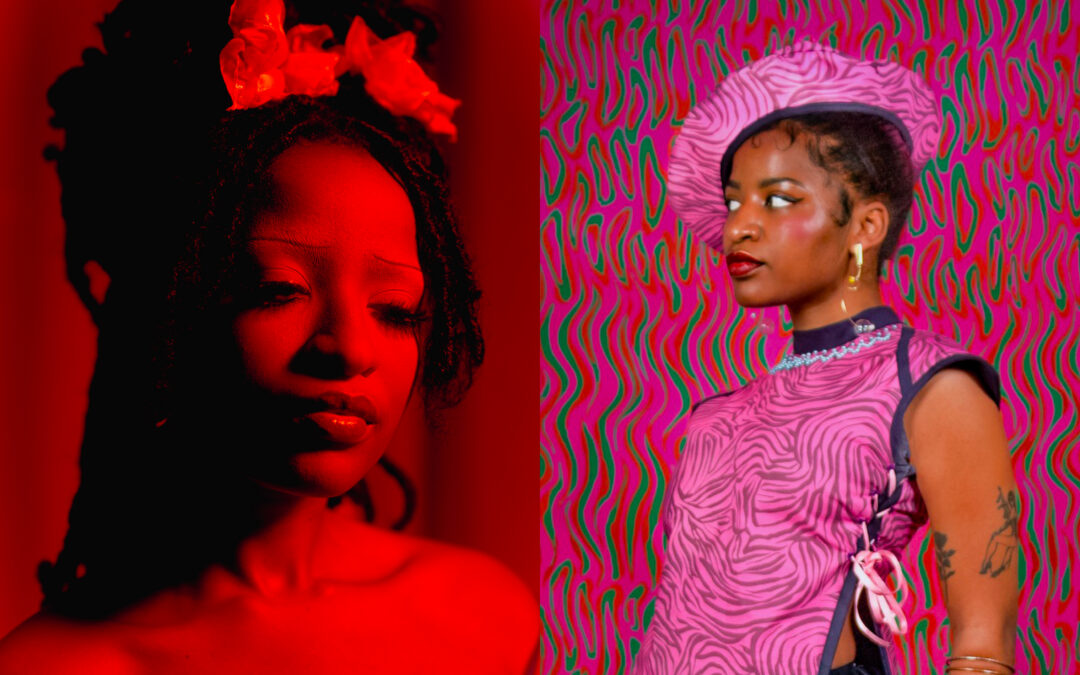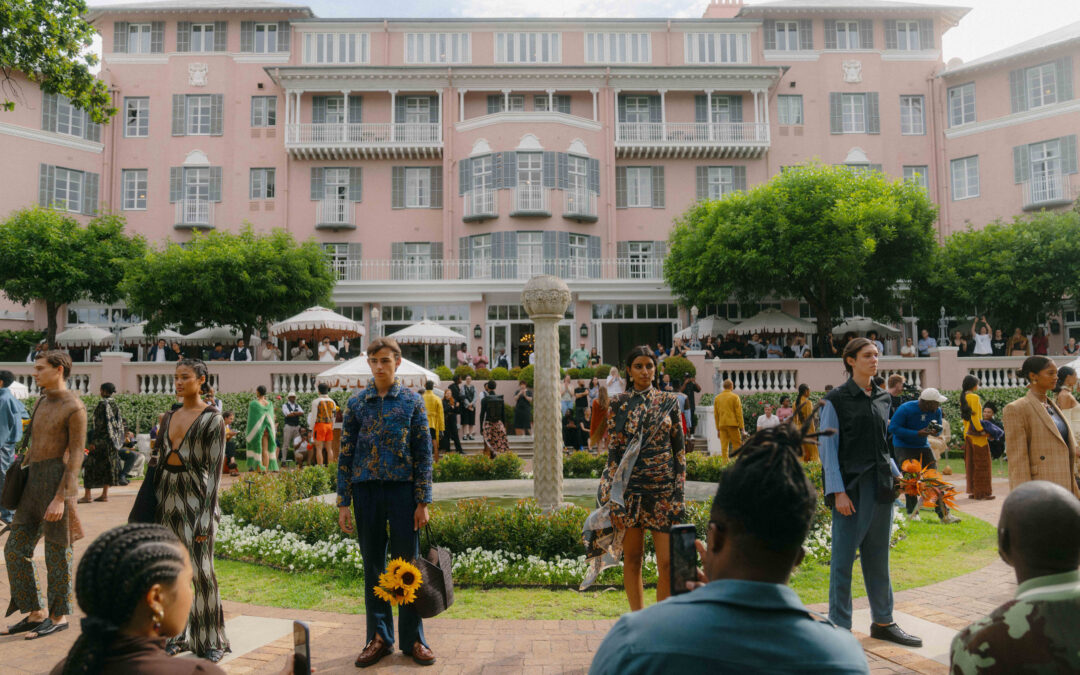It’s no longer a question that our consumption habits – particularly around fashion – have veered to the point of crisis. If not beyond it. Driven by the exploitative, resource extractive economic model that governs the world, with all its variations of class divisions and constriction, linear supply chains across the board from luxury, to mid-level and fast fashion, find themselves trapped in a design to disposal model. Amassing unnerving amounts of waste and pollution along the way – by the time garments arrive to us, the consumer, it has been through the hands of people bound to a system from which they derive little respect or value – least not something as opulent as basic, living wage. The growing sustainability movements (I prefer ‘conscious’ because what are we sustaining?) around the fashion industry is predicated on social change as much ecological consideration; the two inform each other; as human beings need to be valued, protected, and in turn the ingenuity of our ability to problem solve and collaborate is nurtured and brought into the world. As an antidote to the entrenched linear models that we consume under, the phrase ‘circularity thinking’ has been defined by the Ellen MacArthur Foundation as eliminate (waste & pollution), circulate (products & materials) and regenerate (nature). Closing the supply chain from a straight-line, to a closed circle, whether it’s through recycling materials and reselling, is detailed by Weavabel as; “The ‘design out’ waste process focuses on taking waste and emissions into consideration at the very beginning of the fashion process, during the design stage. By thinking about using responsibly sourced materials and sustainable manufacturing techniques at the beginning of the process, you’re already addressing the issue of waste rather than trying to reverse the effects further down the lifecycle. Concepts such as zero-waste fashion, using eco-friendly dyes, bio-based fibres and sustainable packaging all minimise the amount of waste created by the fashion supply chain.”
This brings us to our 9th edition of Interlude – an ode to recycling, upcycling and circular thinking – as lensed through a myriad of incredible South African brands and initiatives that are shaping the future of design-thinking, systems and understanding. It may seem like a trope, but as consumers – and lovers of design & fashion – we have a shared responsibility to grow these spaces through our participation, and particularly our pennies.
Recycling
When I think of recycling in South African fashion – the thought always begins with Rewoven – the leaders of recycling textiles in the country. Founded by Tshepo Bhengu, Esethu Cenga and Lonwabo Mgoduso in 2018, their model re-imagines textile waste through entrepreneurial, technological based methods – primarily centred in revitalising a localised textile trade in an inclusive, ethical and sustainable system. Rewoven offers a textile recycling service including off-cut fabrics, end of roll fabric, unsold inventory, rejected garments – and across a myriad of textiles such as denim, calico, fleece, 100% polyester and more. Diverting textile waste is an essential in applying circular thinking, and the Rewoven team remains at the forefront of driving this vision in Africa. They’re also behind yearly sustainability indaba – Future of Fashion – and attending it has been a beacon of hope. With master-classes, design showcases, panel discussions; FoF is a critical event for anyone aligned to the solutions occurring on the continent.
As always, we adore nuun concept space – mother + son duo, Zainab and Shaheed are experimental designers and innovators, who have quietly been disrupting the ways in which textile composition and bio-material packaging can exist, right now, within the South African design lexicon. Their staple piece, ‘the nuun T-shirt’ is a perfectly fitted, 65% recycled pet (6x 500ml plastic bottles collected in Cape Town) and 35% bio-cotton – and available to order in bulk, as the perfect blanks for other brands testing or putting out graphics or prints. The first adaptation of their t-shirt is ‘nuun t-shirt for peace’ – to which their website states, “a design error placed where the heart is located as a symbol of the oppressed. For our first initiative, we have decided to use the proceeds generated from our ‘error’ t-shirt to spread love and hope to those who desperately need it. For every six t-shirts sold, an olive tree will be planted in palestine. the tree is the main source of livelihood for the palestinian people as it provides medicine, food and oil.” This incredible balance between taking back waste from the earth and then regenerating it, as part of their brand offering, is something quite special – and showcases the altruistic, heart-centred possibilities of circularity through compassion.
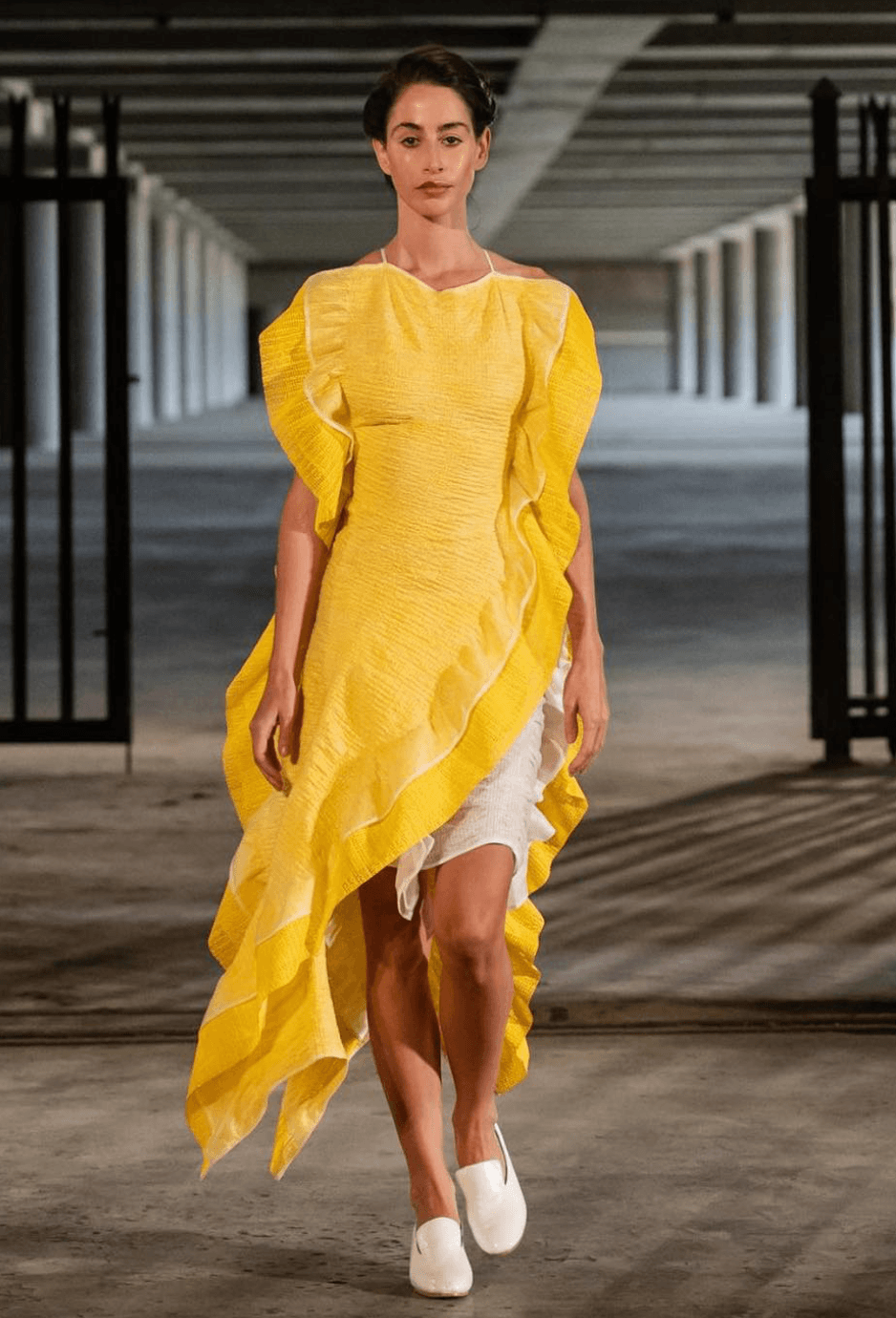
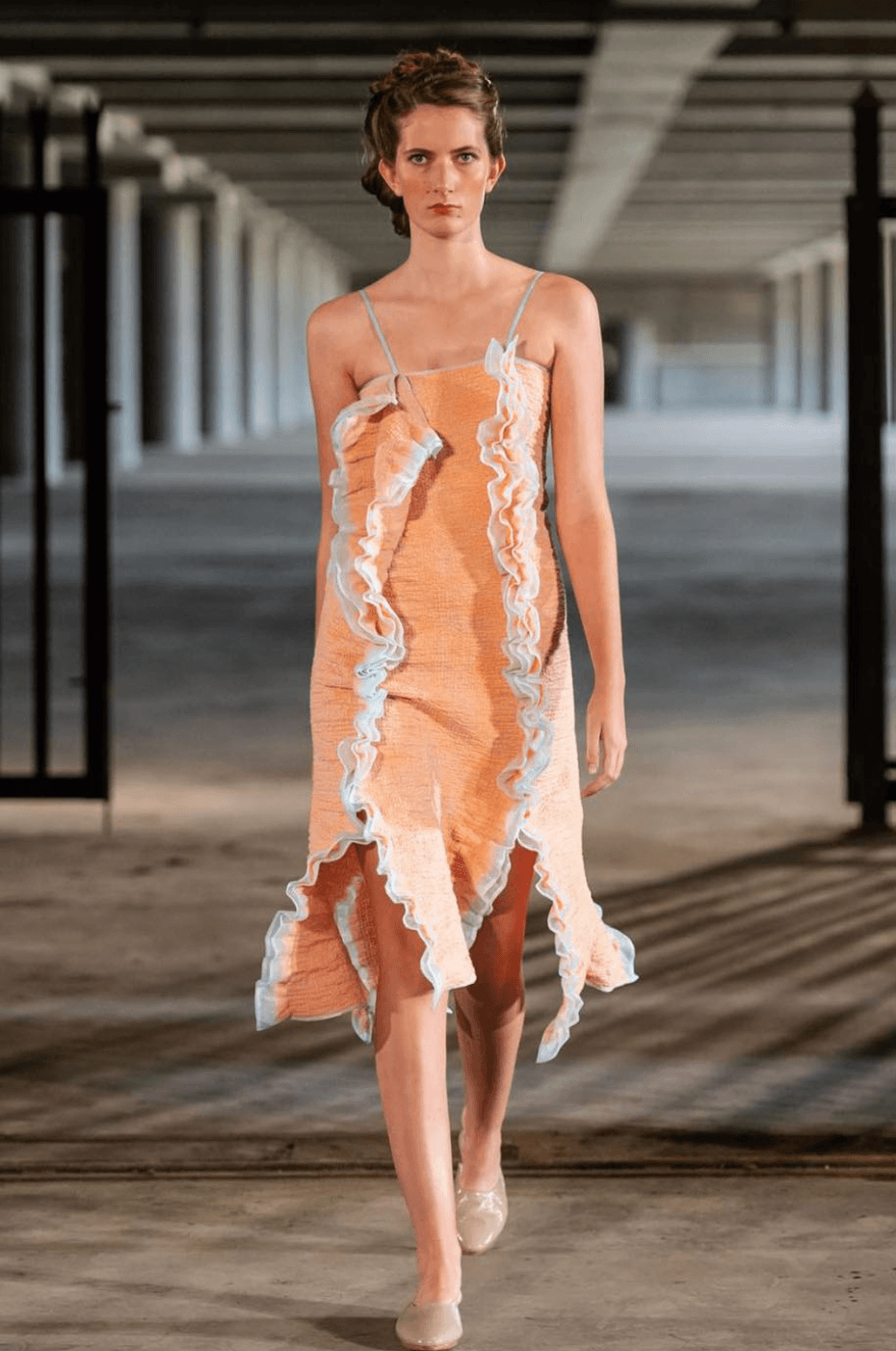
Upcycling
We’ve all seen it – designer Alexa Schempers unreal, unfiltered contribution to South African Design with her brand, Rethread. Blazers, partitioned into the cleanest set, styled to perfection, sometimes with delicate beading, or jeans pulled apart and reshaped? Alexa’s passion for upcycling and vintage has not only become a successful brand, but her Tik Tok presence feels like a ‘best-kept-secrets’ of thrifting in the country – alongside her earnest commentary to followers around price-points and transparency, Alexa exemplifies a young designer abandoning the rules and making something so critical and beautiful.
UBEYOU is a gender-neutral, Cape Town based brand – situated in the realm between streetwear and workwear. Their brightly coloured fabrics and fluid silhouettes are inclusive, and thoughtfully made – and better yet? Their website has the following manifesto, “We source our fabrics locally, all based in Cape Town. We use Dead stock and end-of-roll in our design which means waste material gets turned into limited edition garments. It is important for us to use material that already exists because we know that waste is one of the biggest issues in the fashion industry. We try to use leftover fabrics from previous collections when creating new designs. We also incorporate up-cycled, second-hand clothing to turn something old into something new. We do not throw away any leftover fabric. Everything is kept and eventually used in new garments. Our business is very small and we intentionally don’t produce in bulk which means our energy impact is as minimal as it can be.” This is the future of fashion.
Locally produced footwear remains a smaller industry than clothing – but disruptors like Amble are changing that. Made-to-order, chicer-than-chic, leather shoes made from upcycled leather by a skilled artisan showcase effortlessly, and in perfect motion, circularity-led thinking in fashion. In a world where shoes can be discarded with every season, Amble provides a study on mindful consumption & slow living – shoes with a purpose. Divine. In the realm of upcycling – once upon a time, at the inaugural Future of Fashion (2019) mentioned previously in this article – each guest received a plasticity pouch. The material, each unique, is owed to the brand’s dedication to upcycling plastic waste into accessories and objects. Hand-made by a mother and daughter duo, with their small team, in the Karoo – plasticity pieces range from colour to monochrome, essential for any occasion, and perfect for any person.
Circular Initiatives
No commentary on sustainability in South African fashion would be complete without mentioning the work of Twyg– a publication and space founded by fashion industry veteran, Jackie May, and the foremost home for sustainability in the country and across the continent, as it happens. Known for their annual Twyg Awards – I’d like to highlight their swap&mend initiative, a treasure in the city that shares and encourages the spirit of clothing swaps, and caring for one’s wardrobe. The communal event takes place once a month at Nude Food, and is a total gem in local networking and skill sharing within mindful, conscious fashion. Another notable space working to redirect clothing from landfill are the homies at Lemkus, in collaboration with Room Studio – their clothing drive ‘Room For Good’ has sent out a call to their community, to bring in clean, wearable and pre loved clothing and stand a chance to win a once off, upcycled piece. The initiative states, “The Room for Good project aims to tackle sustainability & socio economic issues through reframing how we as individuals can affect change and contribute positively to our communities. The inaugural project is a new take on a clothing drive, which encourages community members to donate old wearable items of clothing or footwear in aid of helping provide clothes and shoes to our community of homeless people in inner-city Cape Town.” The drive is on until the 5th of October – to be dropped off in store at Lemkus, St Georges Mall.
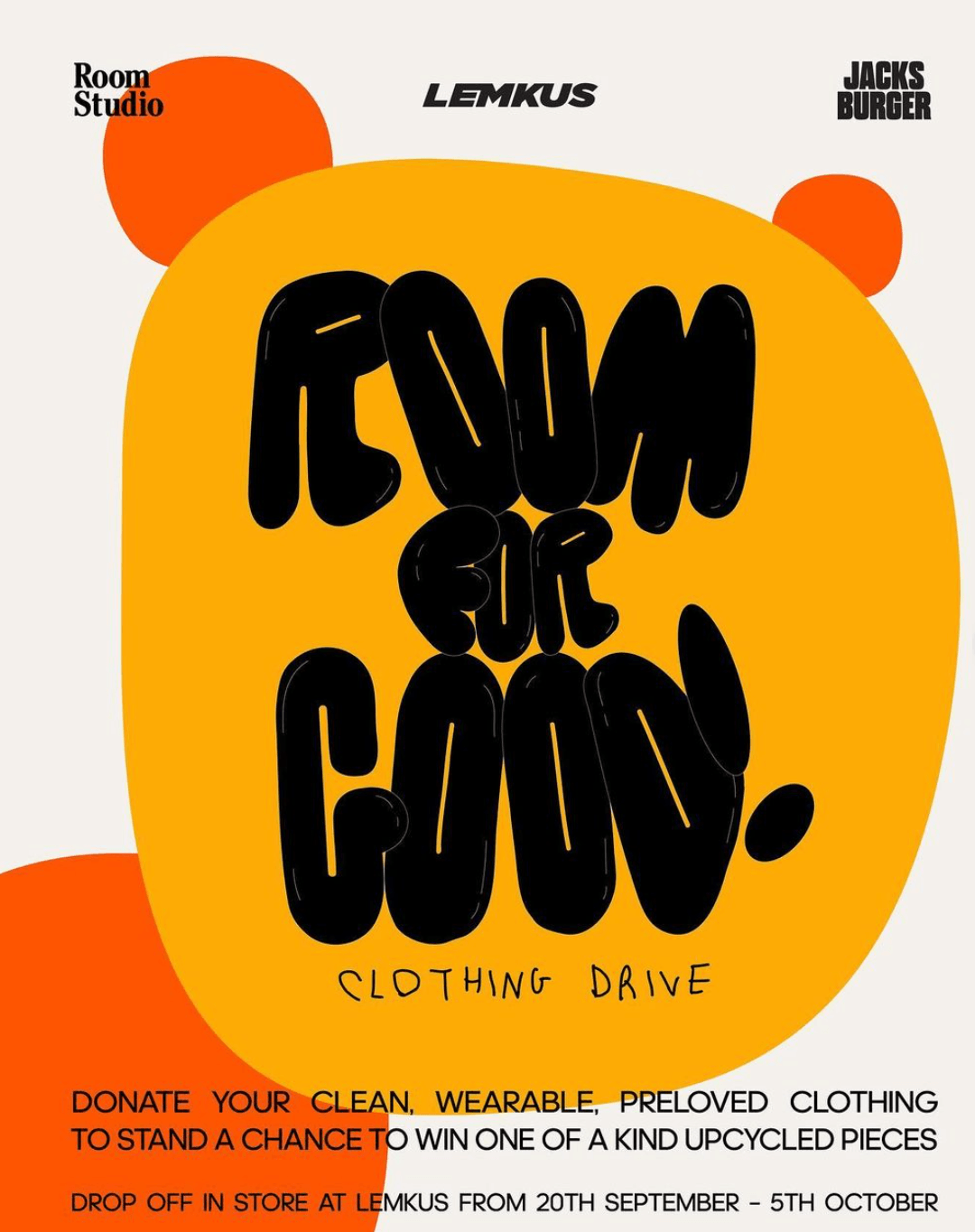
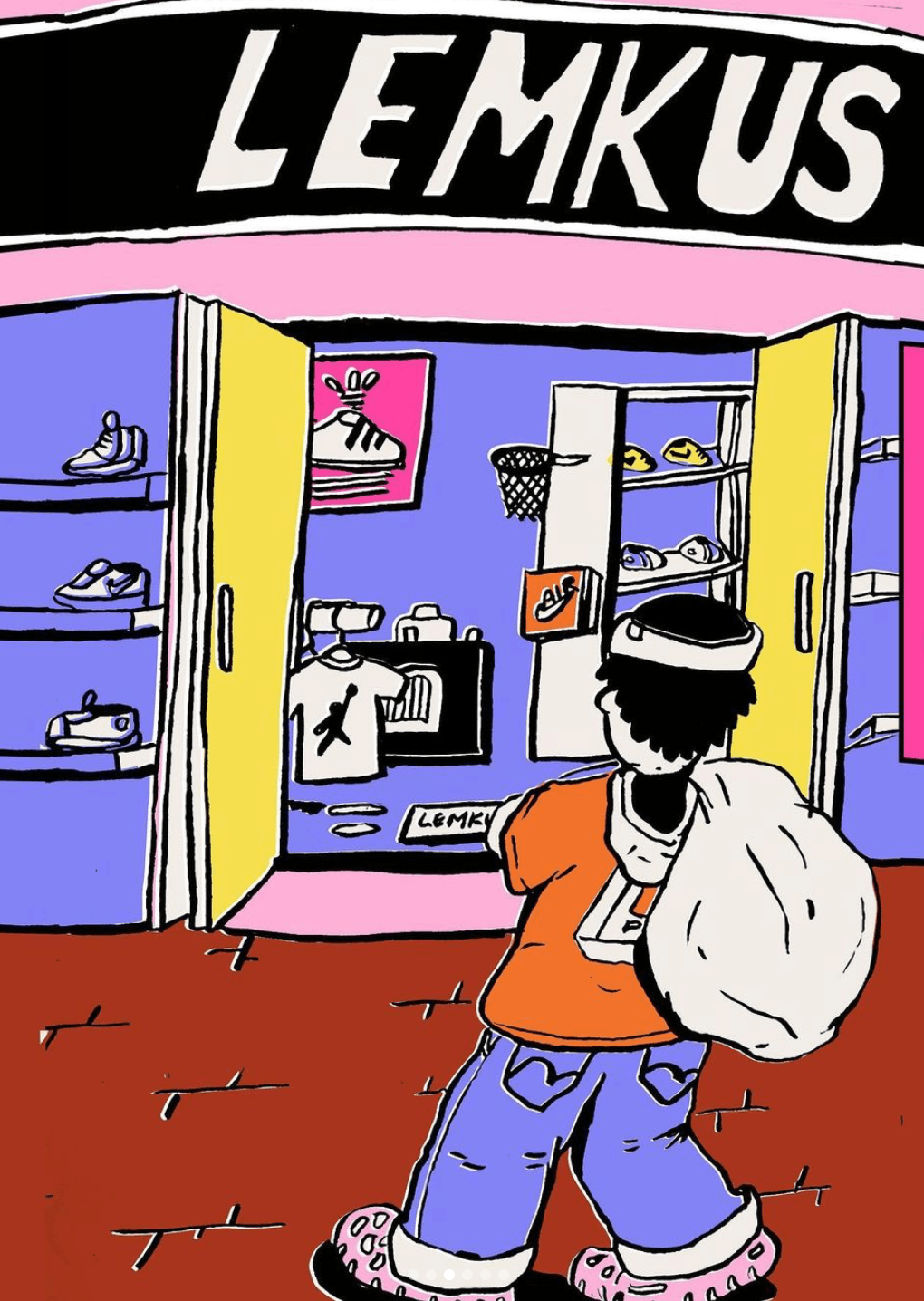
Written by: Holly Bell Beaton
For more news, visit the Connect Everything Collective homepage www.ceconline.co.za


